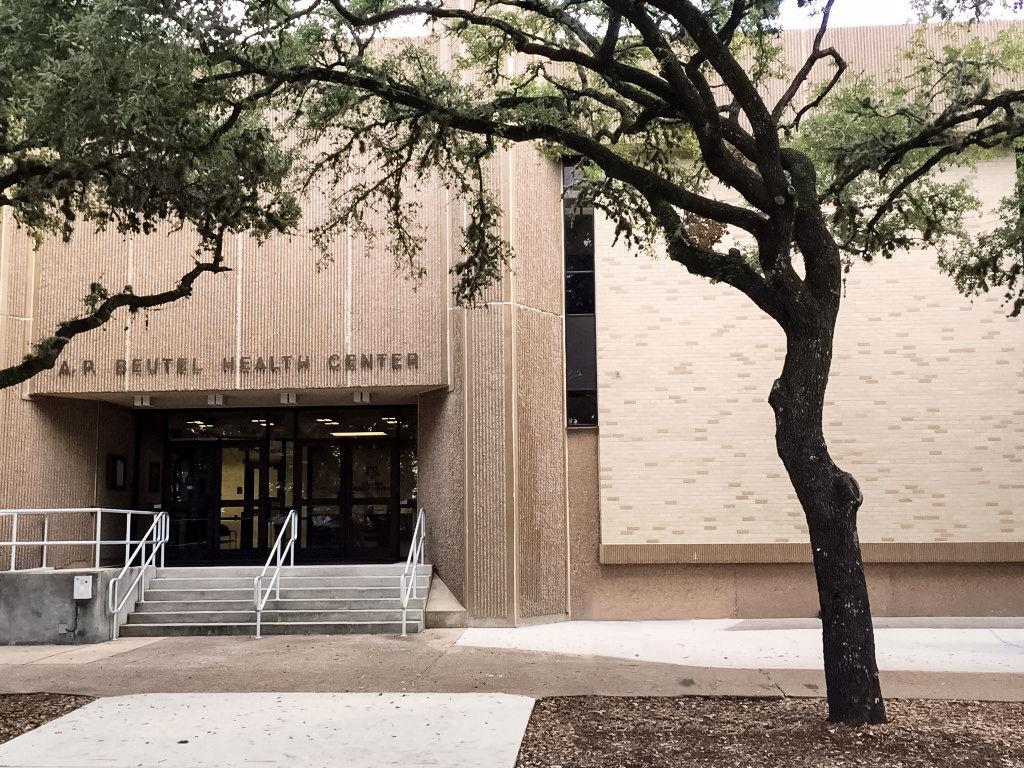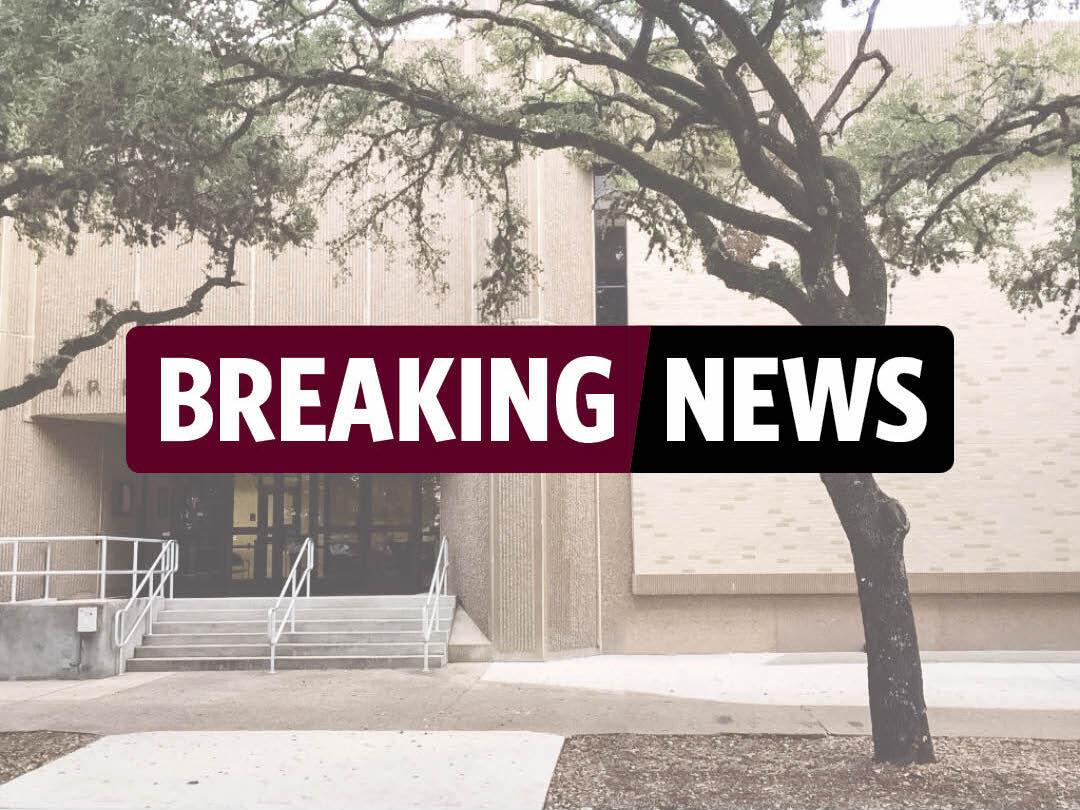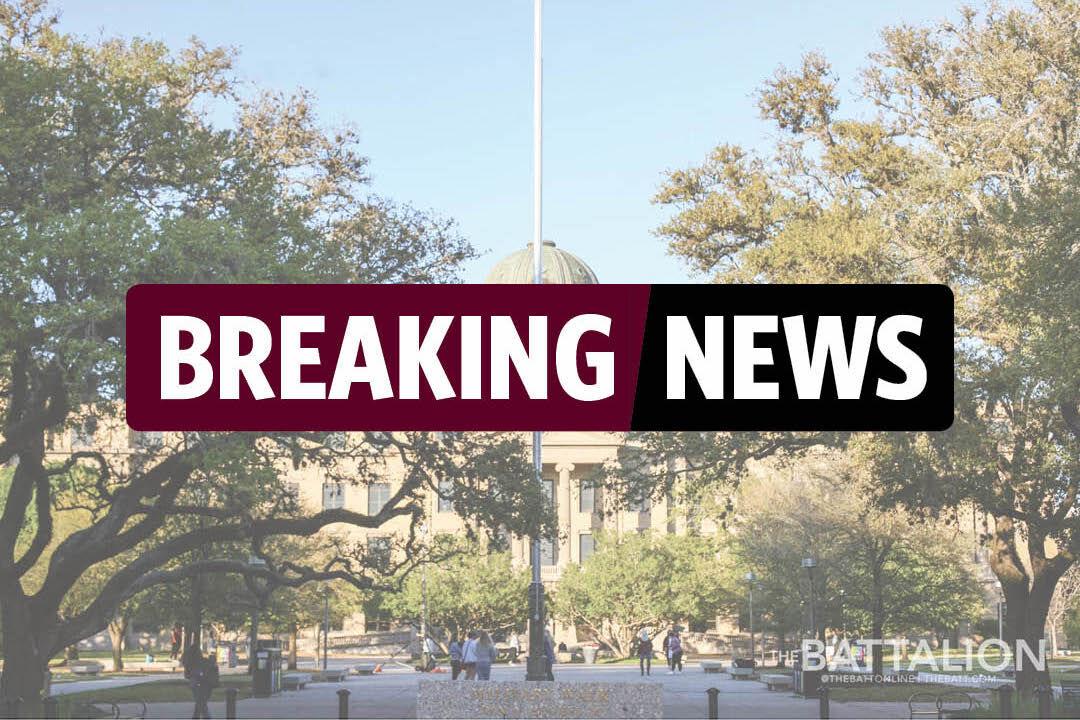During times of crisis, it is a leader’s responsibility to alleviate panic and communicate the truths of the situation.
Marketing Professor Venky Shankar, Ph.D., has been studying the effects President Donald Trump’s tweets have on the United States’ stock market since late February. Shankar, who is also the director of research for A&M’s Center for Retailing Studies, said he has been utilizing statistical and machine learning through a method called Natural Language Processing for his research.
After analyzing the topics and sentiments reflected in the tweets, Shankar said they are correlated with variables, including the number of cases of the coronavirus, the number of deaths, how the virus is progressing, and how the stock market index is going up or down over a period of time.
“What the analysis does is give out all the major topics that the text seems to be addressing,” Shankar said. “Then we correlate that with the ups and downs, and then see which ones are actually having what kind of impact on the stock market index.”
Shankar said his prior research on crisis management and digital marketing drew him to this topic once he realized the significance of the virus. He said his research is focused on understanding whether the president’s tweets are helping or hurting confidence in the stock market throughout the pandemic.
“What I found was for every 1,000 retweets of the [president’s] tweets, the [Dow Jones Industrial Average] index fell by about 43 points within the first 50 days of analysis,” Shankar said. “That was pretty significant because that also meant that his tweets were not addressing the issues properly, and there was a huge loss of confidence at that time.”
Shankar, who was interviewed by Forbes earlier this month, said his analysis offers three lessons for effective leadership communication, the most important of which is that the job of any leader during a crisis is to reduce uncertainty and not to magnify any already present.
“They must address the situation through facts as much as possible because if you resort to speculation, or if you don’t address the issues directly, that leads to more uncertainty among followers,” Shankar said. “Whether it’s investors, customers or employees, all of them look upon their leader to at least reduce uncertainty if they’re unable to resolve the issue altogether.”
Shankar said his second lesson in effective leadership communication is that leaders should always set reasonable expectations.
“Any kind of expectation has to be realistic,” Shankar said. “Some leaders who don’t want to set off panic try to exude super-confidence, but that’s also not very good because you’re setting unrealistic expectations sometimes.”
Finally, Shankar’s third lesson for leaders is to be cautious when using Twitter or other social media sites as a platform for communication.
“Once it’s posted, it remains out there, and people can use and interpret it in different ways,” Shankar said. “You have to make sure you’re trying to communicate the fact that you intend to create.”
Shankar said toward the middle of March, the president’s tweets appeared to start following some of the lessons Shankar had put out, such as incorporating expert opinions.
“He started to recognize the severity of the problem and tried to communicate the measures they were taking, including the economic stimulus bill, shelter-in-place measures and social distancing practices,” Shankar said. “Hopefully, if the lessons were followed, in the future, we might see that his tweets are more carefully thought out than before.”
On Friday, April 17, the president tweeted his support for protestors in Virginia, Michigan and Minnesota, which appears to be contradictory to The White House’s social distancing guidelines. This kind of confusion in the president’s communication may cause further volatile shifts in the stock market, though Shankar said it is hard to predict how the stock market will react in the future or what Trump’s tweets will look like when the pandemic eventually comes to an end.
“The stock market will always be volatile as long as we have uncertainty about the virus,” Shankar said. “What we’ve learned is that [Trump’s] communication as a leader is very important because it can make sure the volatility is kept under some kind of range or control if he communicates well.”
Texas A&M professor studies effects of Trump’s tweets during COVID-19 pandemic
April 20, 2020

Photo by via TAMU Mays
Texas A&M marketing Professor Venky Shankar has been studying the effect of President Trump’s tweets on the stock market.
Donate to The Battalion
Your donation will support the student journalists of Texas A&M University - College Station. Your contribution will allow us to purchase equipment and cover our annual website hosting costs.

























